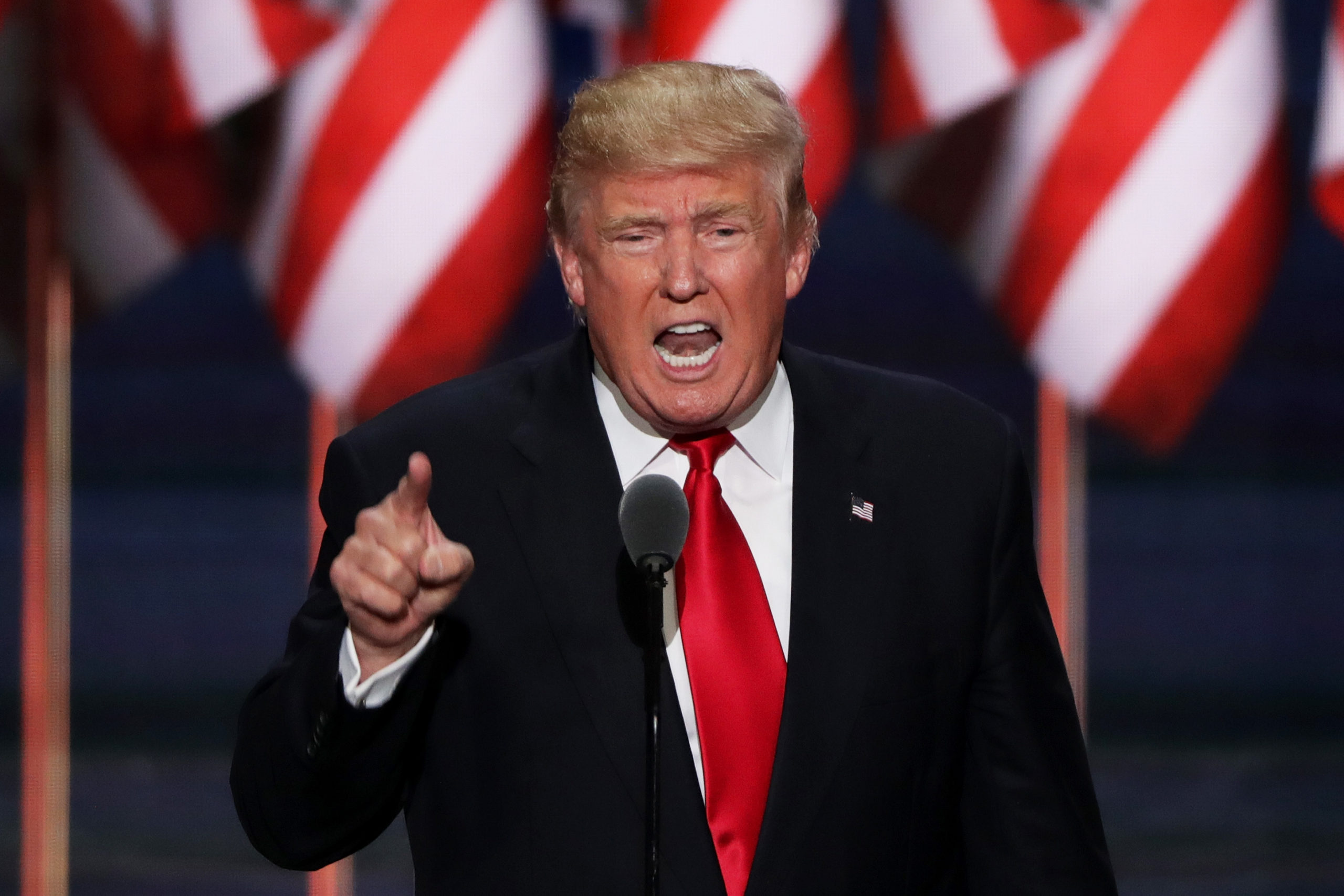
Last week, President Trump was acquitted of two impeachment charges against him—abuse of power and obstruction of Congress. Some people are confused, though, thinking that his impeachment, which occurred December 10, 2019, would lead to him being removed from office. But that’s not the case.
The impeachment process works like this. During the impeachment inquiry phase, the U.S. House of Representatives convenes and determines if, based on the information presented, they would like to proceed. In Trump’s case, the House Intelligence Committee presented a 300-page report detailing the president’s unethical dealings with Ukraine.
Ultimately, the choice to move forward is left up to the Speaker of the House—currently Rep. Nancy Pelosi (D-CA). According to ABC, if the Speaker decides that they should proceed, it is then decided whether the House Judiciary Committee or, rarely, a special committee, will handle the impeachment inquiry. The committee would have to decide—by simple majority vote, which is 50% plus an additional vote—whether or not the articles of impeachment pass. If so, this leads to a full vote within the House of Representatives. If a simple majority votes to pass the impeachment articles, the president will be impeached.
But, this isn’t the end.
Afterwards, the Senate holds a trial. Managers, which are similar to prosecutors, present evidence to the Senate. The Senate then deliberates, and votes on whether or not the president is guilty. If two-thirds of the Senates votes that the president is indeed guilty, then the president is removed from office and the vice president is sworn in.
If not, the president faces no penalties, which is where we are now. President Trump will finish out his term and is allowed to run in the 2020 election.
Trump is not the first president to be impeached. President Andrew Johnson was impeached in 1868, but was acquitted of all 11 articles brought against him. The House Judiciary Committee suggested that President Nixon be impeached because of the Watergate Scandal in early 1974, but Nixon resigned from the presidency before he was impeached. Nixon is the only president in history to have impeachment proceedings lead to the president leaving office, although it was not mandatory.
In 1999, Bill Clinton was impeached on two articles of impeachment—perjury and obstruction of justice—for lying under oath regarding his sexual relationship with Monica Lewinsky. He was also acquitted of both charges.